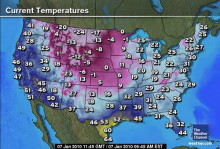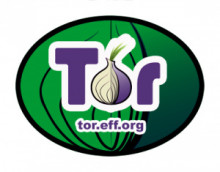Basic error puts anonymous bloggers at risk
In a recent experiment writer Andy Baio was able to uncover the identities of seven anonymous bloggers from a random sample of 50 in under 30 minutes; all thanks to a simple mistake they'd made in setting up their websites.
"One blog about Anonymous' hacking operations could easily be tracked to the founder's consulting firm, while another tracking Mexican cartels was tied to a second domain with the name and address of a San Diego man."












































































